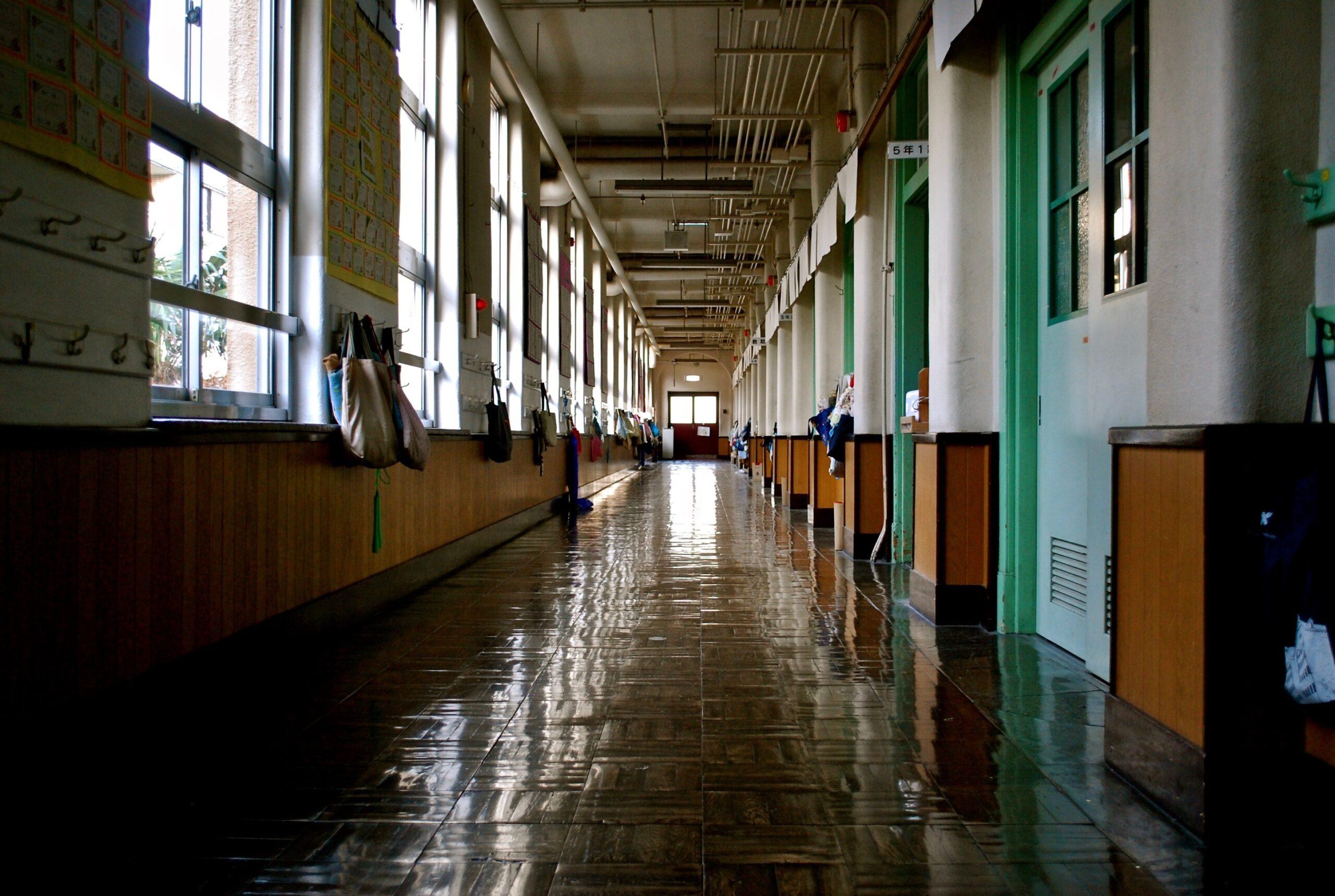For more than two decades, Global Kids has educated New York City public school students about international challenges, including climate change and human rights. Our vision is to create an ever-growing network of diverse young people who attain leadership on all levels of society and enter fields of international affairs and public policy.
Global Kids’ primary mission is to provide programs for underserved youth. As proof of our success, more than 90 percent of Global Kids students graduate from high school despite the multiple challenges they face while living in underserved communities. Additionally, close to 90 percent of participants attend college. Many earn scholarships and financial support, too. Alumni become campus leaders and advocates for global engagement and social action.
Following college graduation, alumni remain active civic leaders, champions of social justice and accomplished professionals in fields as varied as international affairs, business, law, healthcare, education and the nonprofit sector.
However, Global Kids also recognizes the importance of engaging all young people in global affairs and bringing diverse groups together for dialogue and action. For these reasons, we’ve developed several opportunities for any young person in New York City and beyond to get involved. Participants benefit from the organization’s face-to-face and online programs.
In order for youth to succeed in classrooms, workplaces and the public sphere, they need to take charge of their learning. Additionally, they need to integrate their formal learning with the informal education they are receiving through the digital media around them. Thus, we’ve developed the Online Leadership Program (OLP), which is detailed at www.olpglobalkids.org. OLP integrates international and public policy issues into digital media programs. The aim is to encourage digital literacy and technical competency, foster global awareness, promote civic participation and instill 21st-century skills.
Through online games, virtual worlds, social media and other platforms, OLP participants learn to communicate and express their views regarding domestic and global issues. At the same time, digital media is used as a tool for alternative assessments practices, employing digital portfolios and game-like badges to document and motivate interest-driven learning. One of the organization’s youth produced games is Ayiti: The Cost of Life. Played by millions worldwide, the game examines poverty as an obstacle to education in Haiti and builds empathy and an understanding of basic human rights.
Immersive 3D virtual worlds offer tremendous opportunities for Global Kids youth to learn in a new way. Virtual worlds are rich social spaces that bring together a range of social media and allow youth to make important connections with one another across borders and cultures.
Global Kids’ newest program Let’s Talk Sustainability educates young people about critical environmental sustainability issues. It does so through three youth produced “talk shows” in the virtual world Second Life. Second Life is a 3D virtual sphere in which the residents are provided with the tools required to literally shape the world around them. Filmed before a live online audience, the talk shows explore global warming, food justice and electronic waste. Additionally, they feature preproduced video segments, interviews with field experts and activities that engage audience members. People interested can join the talk show as an avatar in Second Life or download it for viewing after it has been filmed. Educational materials are available for teachers and youth workers to use, as well.
In addition to the online programs, Global Kids’ award-winning U.S. in the World Summer Institute at the Council on Foreign Relations provides 25 to 30 youngsters with a rigorous study of foreign policy. For three weeks, participants engage in workshops led by Global Kids staff, meet with speakers from the Council and attend field trips to places such as the U.S. Mission to the United Nations, the New York Times building and Human Rights Watch. Participants then select a foreign policy topic on which to create a peer education project and implement it during the following school year. Past participants have come from both private and public schools in New York City, other parts of the country and overseas.


